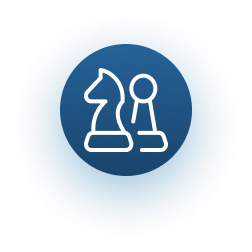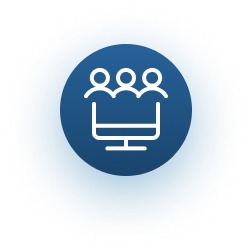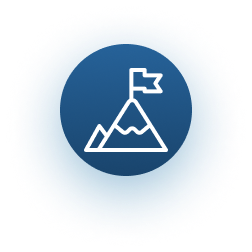Recently, I had a conversation with a friend who left the so-called "Alpha Male" movement some time ago. To understand his motivation, reasons, and thoughts, I talked with him about his journey. Out of respect for his privacy, I will call him Ben in the following, he does not want to disclose his real name publicly.
Ben explains his wish for anonymity as follows: "This concerns a time in my life that was very painful. Although I think differently today, I take responsibility for my behavior. I am afraid that people (…) will recognise and judge me. I have worked hard to build a new environment where I can be myself. That is exactly what I could lose again."
Philine: Ben, how did you end up getting involved in that scene?
Ben: I was 18, maybe just turned 19. Pretty lost. I didn’t know who I was or where I wanted to go. But I knew the way I was living wasn’t enough. I wanted to improve, physically, mentally, just get stronger. It started harmlessly: fitness videos, motivational talks, discipline challenges on YouTube. At first, I thought it was just about self-optimization.
Philine: When did it become more than just motivation?
Ben: It was a gradual shift. At some point, it wasn’t just “train harder” clips anymore, but messages like “never show weakness,” “emotions make you vulnerable,” “women only respect alpha males.” And I believed it. Because in that moment, it felt like clarity. Like a guidebook for a life that had been chaotic before.
Philine: How did that change the way you viewed women?
Ben: At first, not much. I just picked up these phrases: “Women test you,” “Don’t trust them too much,” “They want to be led.” And I accepted them like rules in a game. I didn’t question it. But eventually, there was this subtle shift: women became soft, manipulative, emotionally unreliable in my mind. I never saw my mother that way. She’s strong, made a career, never let anyone bring her down. She’s always been the opposite of that image. And still, I started approaching other women with mistrust. I didn’t even realise it. It was like a filter covering everything.
Philine: Was there a moment you were proud to be an “alpha”?
Ben: Unfortunately, yes. There was that cold sense of control. When I entered a room and felt like I had the power. It was toxic, but for a moment, it felt like safety. Now I know it was just fear, disguised as strength.
Philine: What did you miss most during that time?
Ben: Honest connection. I had “respect,” “recognition,” but no real conversations, no vulnerability, no connection. And without that, everything else is meaningless.
Philine: Was there a turning point when you realized, “I need to get out”?
Ben: Yes. And honestly, it was pretty mundane. A good friend of mine brought up something I had said in a conversation: “Emotions make men weak.” She didn’t yell at me, she just calmly said: “You sound like you’re hiding from yourself.” That sentence really hit me. I thought about it for days. And then the questions came: Why do I need so much control? Why does the idea of being vulnerable hurt me so much?
Philine: How did you answer those questions?
Ben: I didn’t have an answer. I felt empty. Everything I had built, the muscles, the routines, this fake confidence, suddenly felt like armor I couldn’t take off. I realized I had done all of it because I was scared. Of rejection, of chaos and of myself.
Philine: What did your exit look like?
Ben: I cut it all off. Unsubscribed from YouTube channels, deleted Instagram profiles, left forums. I started reconnecting with people I had distanced myself from, including women. For the first time, I really listened instead of analyzing or judging.
Philine: Now that you are older, what would you tell your 18-year-old self?
Ben: You’re not less of a man for wondering who you are. You’re not weak for being honest. And you don’t need control to feel safe. What you need is connection. To yourself and to others.
Philine: Thank you for your time and opportunity to discuss this topic.
Ben: You’re welcome.
Intern SheSkillz Global
-
Philine Urferhttp://3.65.75.14/author/philine-urfer/
-
Philine Urferhttp://3.65.75.14/author/philine-urfer/
-
Philine Urferhttp://3.65.75.14/author/philine-urfer/

















